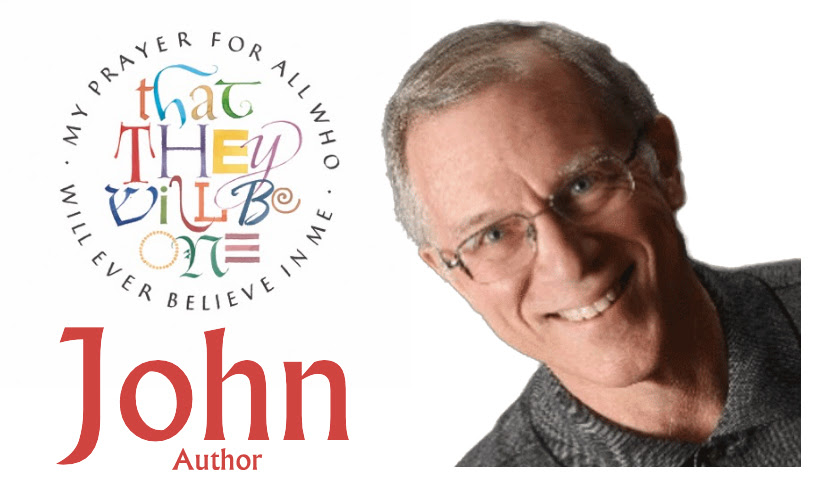|

GUEST POST ~ Don't #Reimagine Without This
For most of my life I have struggled with finding a healthy sense of myself. To put this into a question I think we all have asked at some point: How do I live a life of genuine humility? I have spent considerable time in the ditch on one side of the path leading to genuine humility by thinking so poorly of myself that I never could find deep satisfaction and peace in my spirit. One of the advantages of growing older is that this has been less-and-less an issue. The danger for me now is to fall into the ditch on the other side of this path; i.e., to think too highly of my life and what I have accomplished by being faithful. Put very simply, I must be brought back again to two basic and life-changing questions: What is humility and how do I seek it and find it?
There is an old joke that says there was a minister who wrote his memoir and titled it: “Life Lessons in Humility and How I Attained It.” We laugh at this but the real danger is we neither know what humility is or how to pursue it. So few memoirs help us in this quest. Recently, at the encouragement of my dear friend Dan Brennan, I began to read a life-changing book titled: Humble: Free Yourself from the Traps of a Narcissistic World, by Daryl Van Tongeren, a professor of social psychology at Hope College (The Experiment: New York, 2022). This is an awesome and transformative work.
Researchers have offered various definitions of humility. (Christians very often misunderstand this virtue by applying various false ideas to the Scriptures.) The core of humility is to have an accurate view of yourself, a view which includes both your strengths and your weaknesses. Van Tongeren says, “Humility is knowing yourself, checking yourself, and going beyond yourself” (italics are his). When we argue that we should not think about ourselves, or our strengths, we fall into an emotional and spiritual trap. Humble people know where they are strong and where they are weak. They are deeply aware of themselves. I am reminded that John Calvin said we need two parts of knowledge. He called these the knowledge of God and the knowledge of ourselves.
What then does humility look like? Van Togeren sees four types of humility. (1) Relational Humility, which is being other oriented and able to check your ego. (2) Intellectual humility, which is being open to new insights and always seeking learning. (3) Cultural humility, which is learning from others and not viewing your own culture as superior. (4) Existential humility, which is feeling grateful to something larger than oneself. For Christians this means we understand that God is infinite and beyond our ability to fully process in our categories, either theological or spiritual. We affirm truth but we do so knowing we could be wrong. Our perception is not THE TRUTH. Such a view creates the type of humility which fosters consistent openness and leads us to value others deeply. This
There is consistent data to show that Americans are increasingly unhappy and anxious. This spills over into family life, church life, cultural life and politics. The cause of this anxiety is multi-faceted but social psychology shows us that we have raised several generations of adults who focus on themselves in unhelpful ways. Often these ways lead to serious narcissistic behavior patterns. I have seen this more and more in people I meet and interact with, especially some pastors who are often way too self-confident. Many pastors live out of a sense of their felt needs in order to be successful. They try to move churches and people to follow them as leaders to fulfill this deep need for affirmation. Frederick Nietzche was right when he called this way of living “the bitch goddess of success.” This form of modern idolatry nearly ruined me around my fortieth birthday. (God heard my cry for him and met me in a way that led to real deliverance.)
Van Tongeren concludes his opening chapter with a fitting and helpful word to us:
So, let’s abandon our misconceptions about humility. It’s not punishment from the gods, nor is it a shameful humiliation or a badge of the weak. It’s a powerful way to approach yourself, other people, and the world—and it can transform your life for the better (Humble, 19).
There is much in the broader Christian tradition to help us get humility right. Mother Teresa said, “If you are humble, nothing will touch you, neither praise nor disgrace, because you know what you are.” St. Augustine once wrote, “It was pride that changed angels into devils; it was humility that makes men as angels.” Let us learn this core truth and develop a deeply balanced and healthy view of ourselves. For truly “Humility helps us become self-aware and accept who we are and the world as it is” (Humble, 23).
Pax Christi,
John
|
Comments